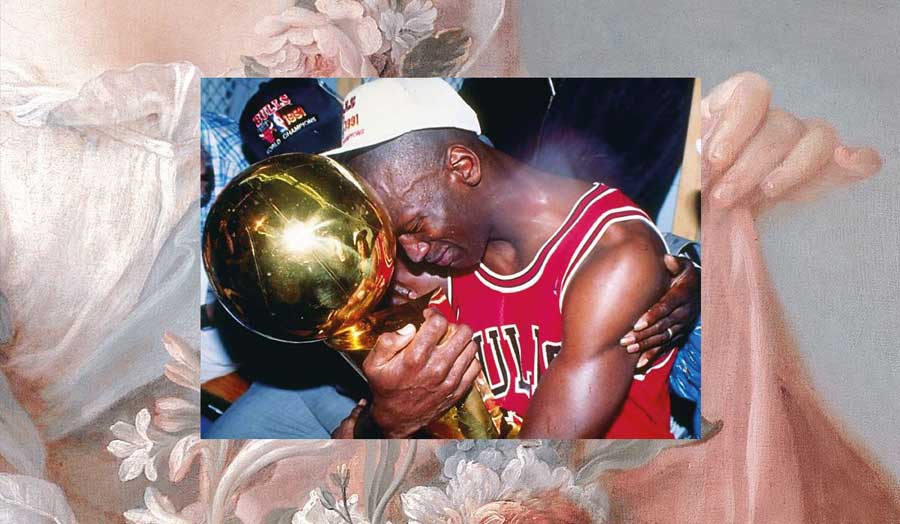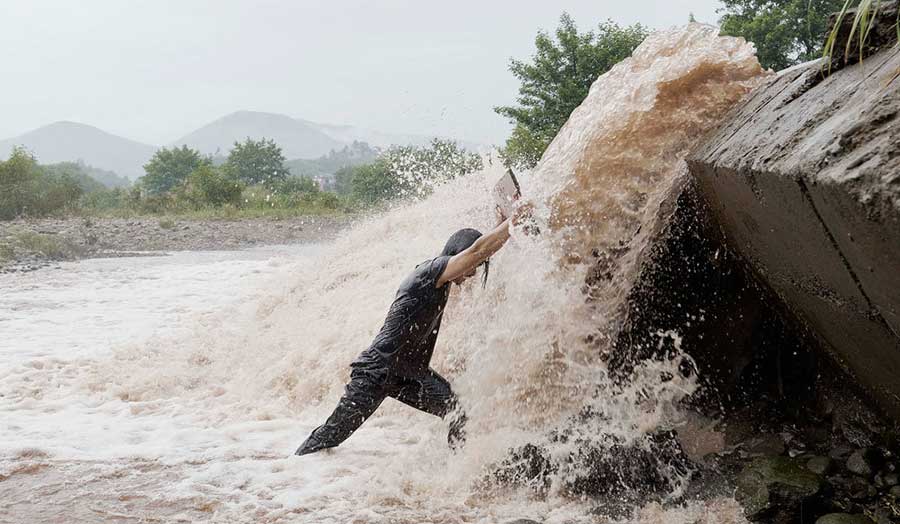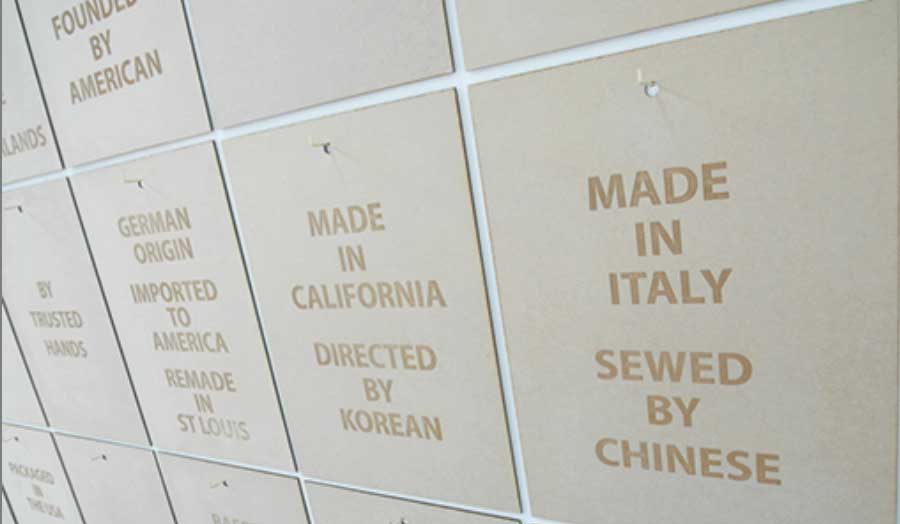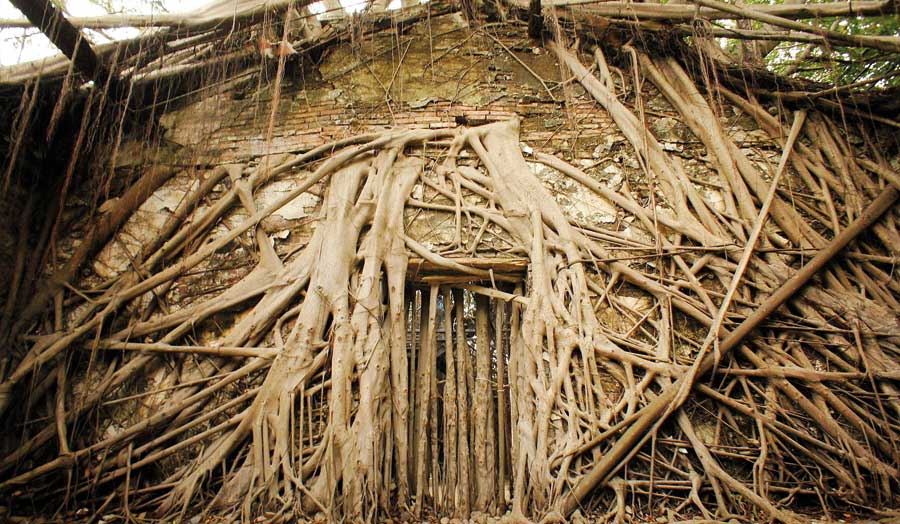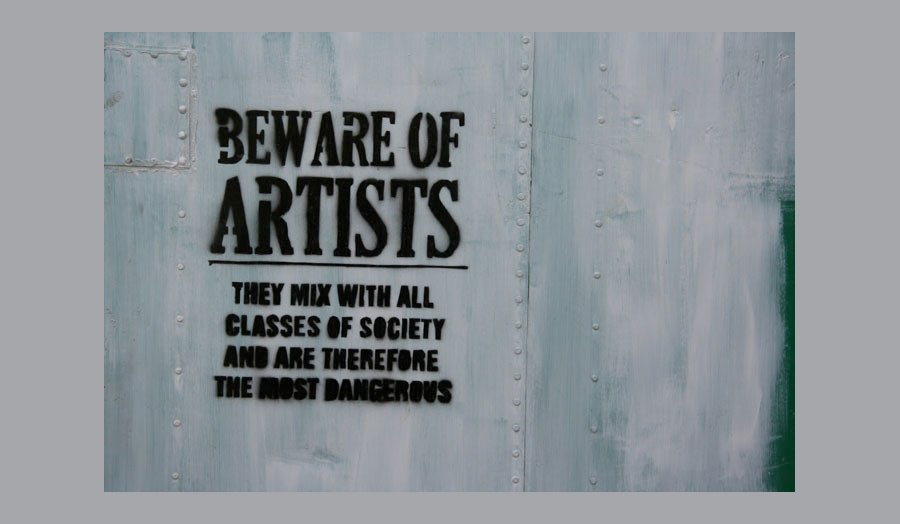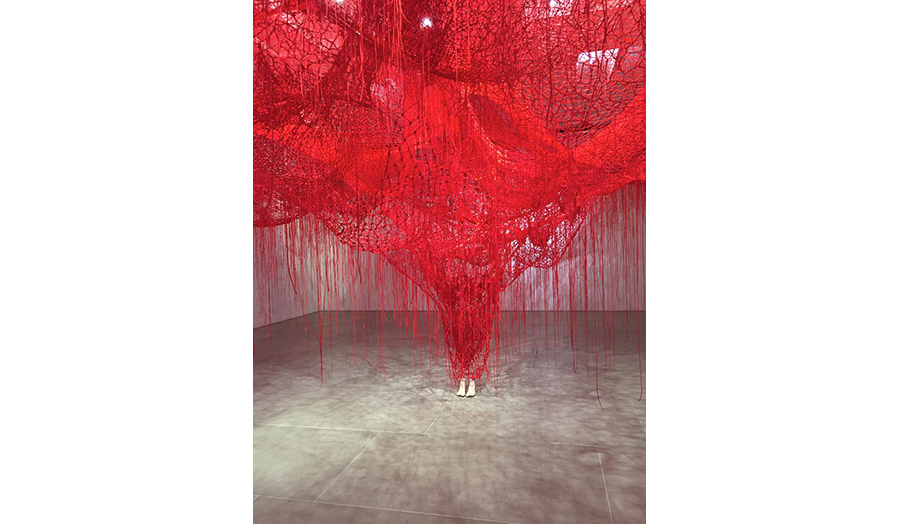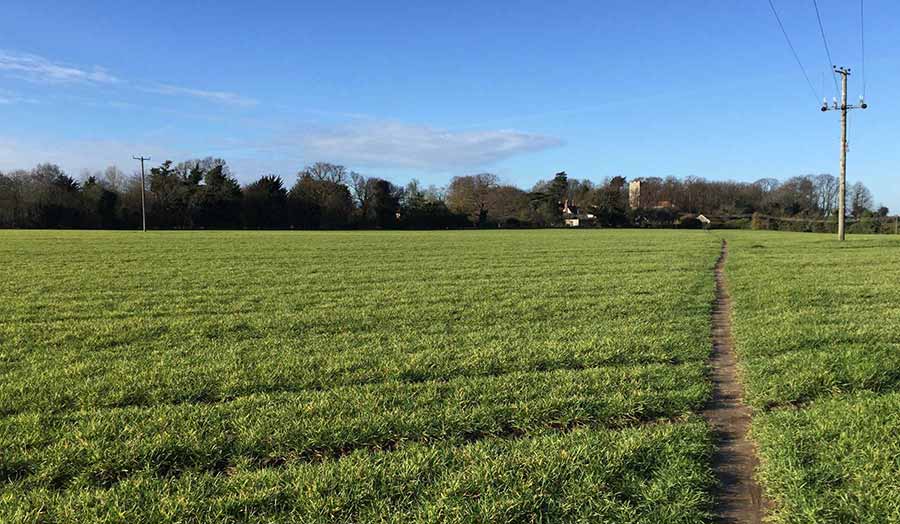Dr Harriet McKay
Focussing on two of life’s key ingredients, reading and bread, this Dissertation Studio offers sessions that will encourage you to experience and experiment with both. As you learn to make a basic loaf of bread, experiment with other doughs and produce a bread-based meal, so will your knowledge around how to craft a dissertation develop, expand and be improved. Designed to be rolled out remotely and/or in class, sessions are structured to complement your dissertation-making journey.
What you will need to take this studio:
- Texts – supplied by Harriet
- Access to MS Teams and weblearn
- Strong bread flour
- A mixing bowl
- Fast-acting dried yeast sachets
- Salt
- Access to an oven
- Olive oil
- Clingfilm
- for week six, only eggs, butter and sugar
Recipe and method
Week 1 – Introduction and what to expect
Part 1: Making a sourdough starter.
Part 2: Dissertation starters; what are your initial dissertation ideas and how can you encourage them to ferment.
- Bertinet, R, (2019), Dough: Simple Contemporary Bread, Kyle Books.
- Bread: A Loaf Affair, 02:15 25/03/2010, BBC4, 60 mins.
- Great British Food Revival, Bread and Cauliflower, 19:00 14/11/2011, BBC2 England, 60 mins.
Week 2 – The basics
Part 1: Basic dough – Basic bread. Preparing to write dissertation check list (eg. Writing reminders, Harvard reminders, research sources). Part 2: Fougasse – decorative basic bread. Adding style to your dissertation
- Rubel, W, (2011), Bread: A Global History, The Edible Series
- Snapes, R, et al, (2018), Bread and Butter: History, Culture, Recipes, Quadril Publishing Ltd
Week 3 – World Bread Day
Part 1: Discussion of Week 2 readings. Bread surgery – Discussion of bread baking and results from Week 2. Writing surgery – reviewing past essays and assessing areas for improvement.
Part 2: Watch Great British Bake Off, Bread Week. Critique and discuss. Does this TV programme offer anything useful or is it and example of what commentator Edward Murrow described in 1957 when he said that television "is the real opiate of the people"? What was the original dea that Murrow is paraphrasing here?
Week 4 – (B)read theory: pizza, pitta, paratha
Global flow and food diasporas. How will including theory aid your dissertation? PowerPoint recipes and video demonstration/s.
- Alibhai-Brown, Y, (2009), The Settlers’ Cookbook. A Memoir of Love, Migration and Food, Portabello
- Palat, R, A, (2015), Empire, Food and the Diaspora: Indian Restaurants in Britain, South Asia: Journal of South Asian Studies, 38:2, 171-186
- Parveen, R, (2016), Food to remember: Culinary practice and diasporic identity, Oral History, 44(1), 47-56
- Mintz, S, (2008), Food and Diaspora, Food, Culture & Society, 11:4, 509 -523.
Week 5 – (B)read history: bunny chow
Part 1: What is bunny chow? Understanding history as a tool for investigation and dissertation detective work. PowerPoint bunny chow recipe and video demonstration.
Part 2: Video call and bread class with Jade de Waal, Masterchef and South Africa finalist and owner of Cape Town restaurant and food jamming venue Soute.
- Trapido, A, (2008), Hunger for Freedom. The Story of Food in the Life of Nelson Mandela, Jacana Media
- Dubow, S, (2014), Apartheid 1948- 1994, Oxford Histories
- The World Since 1945, Apartheid in South Africa, 05:00 18/09/2008, BBC2 England, 60 mins
Week 6 – (B)read literature: challah
Making an enriched bread. Literature as learning – making an enriched dissertation. PowerPoint challah recipe and video demonstration
- Below, S, (2001), The Adventures of Augie March, Penguin Modern Classics
- Ottolenghi, Y, and Tamimi, S., (2012), Jerusalem, Ebury Press
- Neuman, N, (2019), On the engagement with social theory in food studies: cultural symbols and social practices, Food, Culture Society, 22:1, 7894
- Roden, C, (1999), The Book Of Jewish Food: An Odyssey from Samarkand and Vilna to the Present Day, Penguin
Week 7 – Tutorials and online bread swap videos
*
Studio image: Harriet McKay. Banner: Hans Op de Beeck, Staging Silence (3), video still (detail), 2019
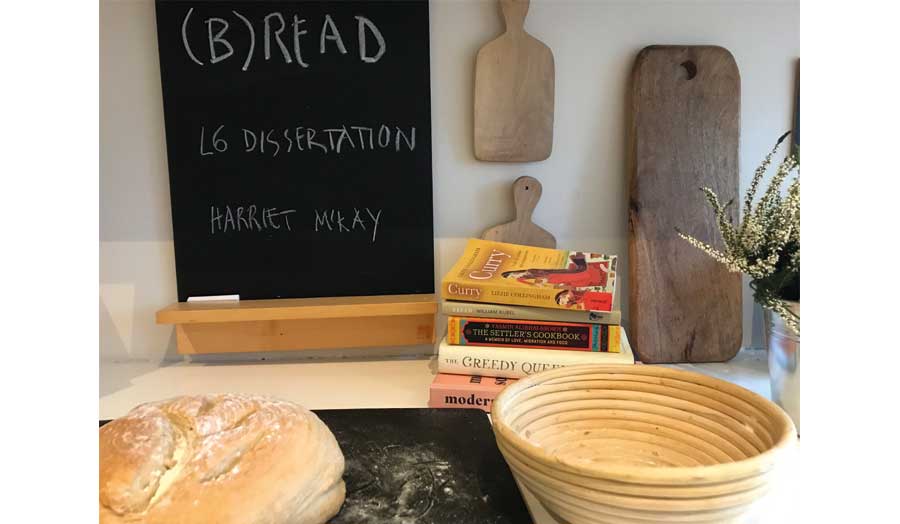
Details
| Tutor | Harriet McKay |
|---|

-(1)-(1)-(1).jpg)
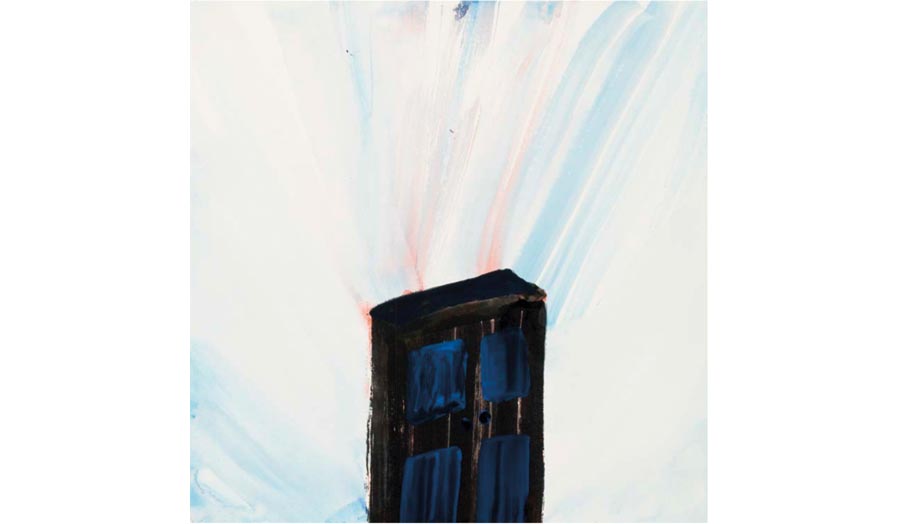
-(1).jpg)
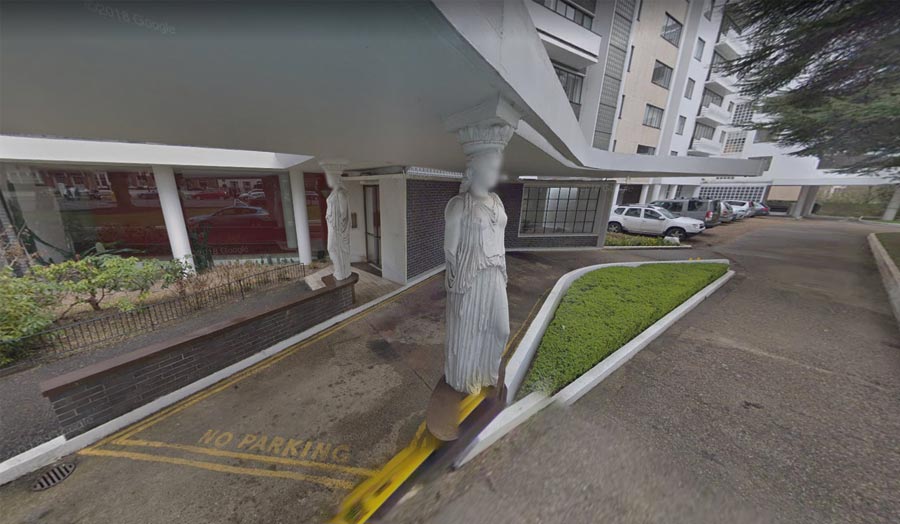

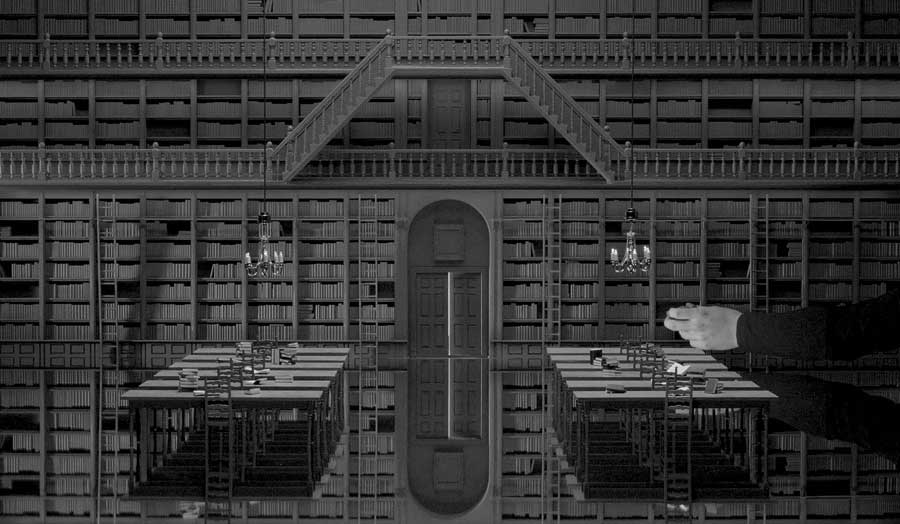
-(1).jpg)
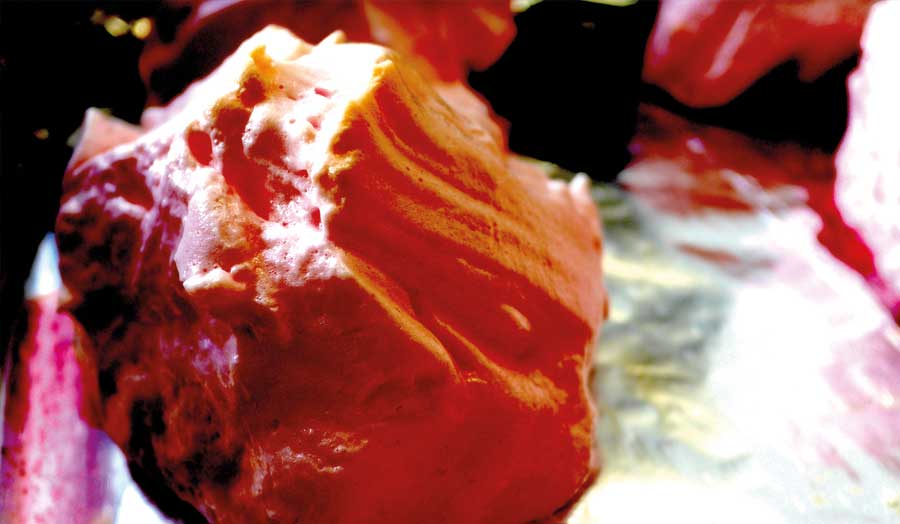
-(1).jpg)
